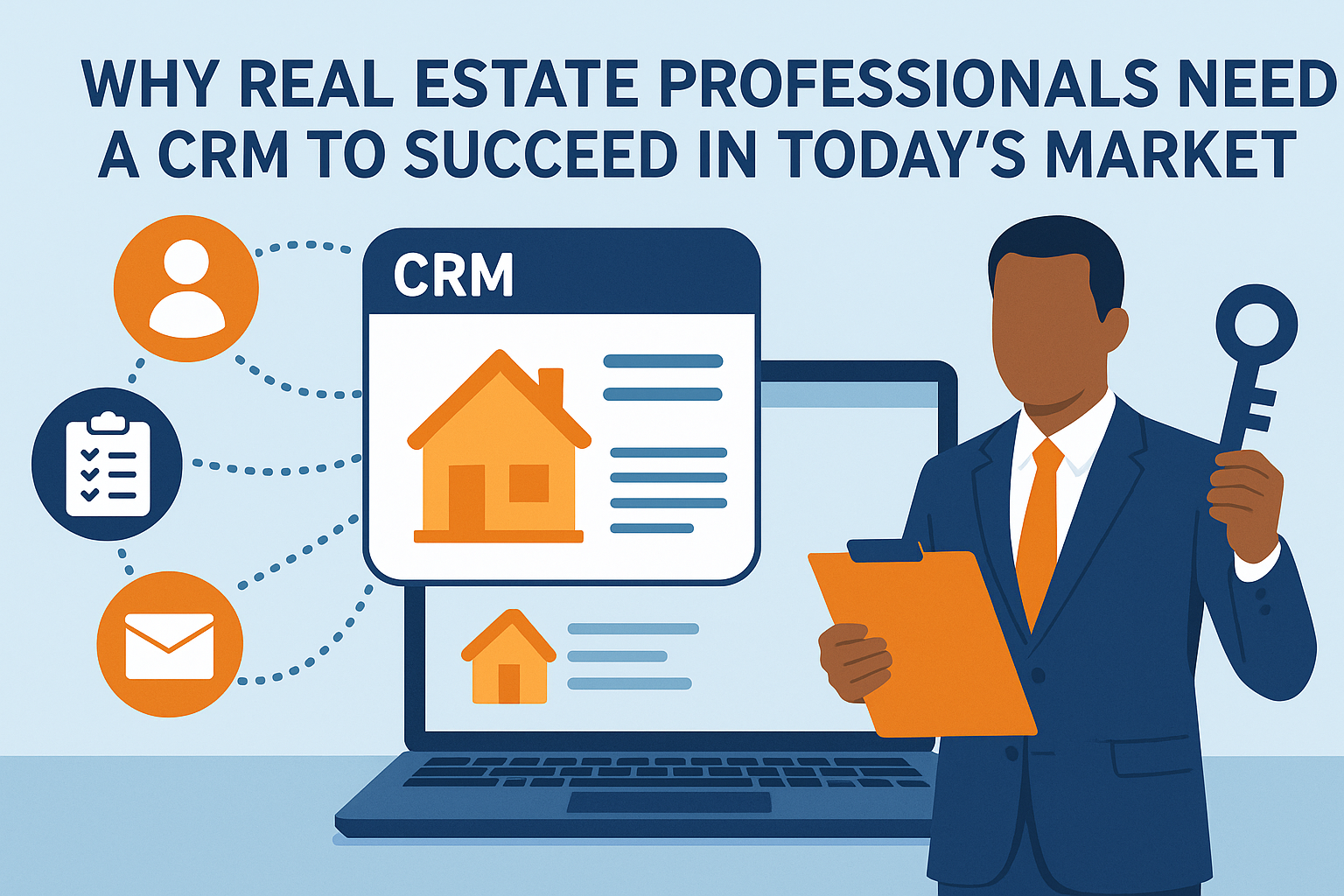In the fast-paced and competitive real estate industry, success often depends on how well you manage relationships, track leads, and close deals. This is where Real Estate Customer Relationship Management (CRM) systems prove invaluable. A real estate CRM goes beyond a simple contact list—it’s a centralized hub for managing prospects, clients, properties, and transactions.
One of the biggest advantages of a real estate CRM is lead organization. Agents often juggle dozens of potential buyers, sellers, and renters at any given time. A CRM helps you capture every lead from various sources—such as your website, social media, or referrals—while automatically categorizing and prioritizing them. This ensures that no opportunity slips through the cracks.
A good CRM also boosts client communication. With automated follow-ups, personalized email campaigns, and reminders, agents can maintain strong relationships throughout the buying or selling process. Features like activity tracking and detailed client profiles allow you to tailor your approach based on each client’s needs, budget, and timeline.
For brokerages, CRMs offer an extra layer of insight. Managers can track team performance, monitor pipeline health, and forecast sales trends. This data-driven decision-making not only improves efficiency but also enhances profitability.
In today’s digital-first market, clients expect quick responses and personalized service. A real estate CRM delivers both, helping you stay ahead of competitors and build lasting relationships that lead to repeat business and referrals. Simply put, if you want to thrive in real estate, a CRM isn’t just a nice-to-have—it’s a must-have.
